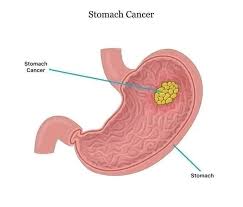In a bid to tackle one of the continent’s most persistent health threats, a major plan to help African countries respond more effectively to cholera outbreaks was launched Tuesday 26, August 2025. The initiative includes a direct call for national leaders to take central responsibility in combating the deadly waterborne disease.
The Africa Continental Cholera Outbreak Response Plan was unveiled on the sidelines of the 75th Session of the World Health Organization (WHO) Regional Committee for Africa in Lusaka, Zambia. The comprehensive framework is designed to provide countries with clear guidance on mounting swift, standardized, and coordinated responses to outbreaks, aiming to save lives and curb the spread of the disease.
Launching the plan, Zambian President Hakainde Hichilema issued an appeal to his fellow African leaders, urging them to establish dedicated presidential task forces on cholera. He stressed that high-level accountability and coordination are critical to success.
“This moment marks a turning point in Africa’s fight against a disease that has robbed communities not just of health, but of dignity and opportunity,” President Hichilema stated.
He highlighted that the historical absence of a coordinated continental framework has often led to delayed or inadequate responses, allowing outbreaks to spiral. President Hichilema underscored the necessity for nations to first allocate domestic resources before seeking external aid, arguing that such a move demonstrates a genuine and serious national commitment to solving the problem.
Furthermore, he called for a paradigm shift in how the disease is addressed, advocating for much stronger collaboration between health ministries and those responsible for water, sanitation, and hygiene (WASH).
“Cholera is primarily a water and sanitation challenge,” he added, pointing to the root cause of the crisis.
Cholera remains widespread across Africa, largely fueled by inadequate access to clean water and proper sanitation services. In 2024 alone, 33 African countries reported cholera cases, with a cumulative total of 804,721 infections and 5,805 deaths, illustrating the devastating scale of the problem.
The new response strategy aims to reverse these trends by promoting preparedness, rapid detection, and a multi-sectoral approach, signaling a new chapter in Africa’s public health defense against cholera.



